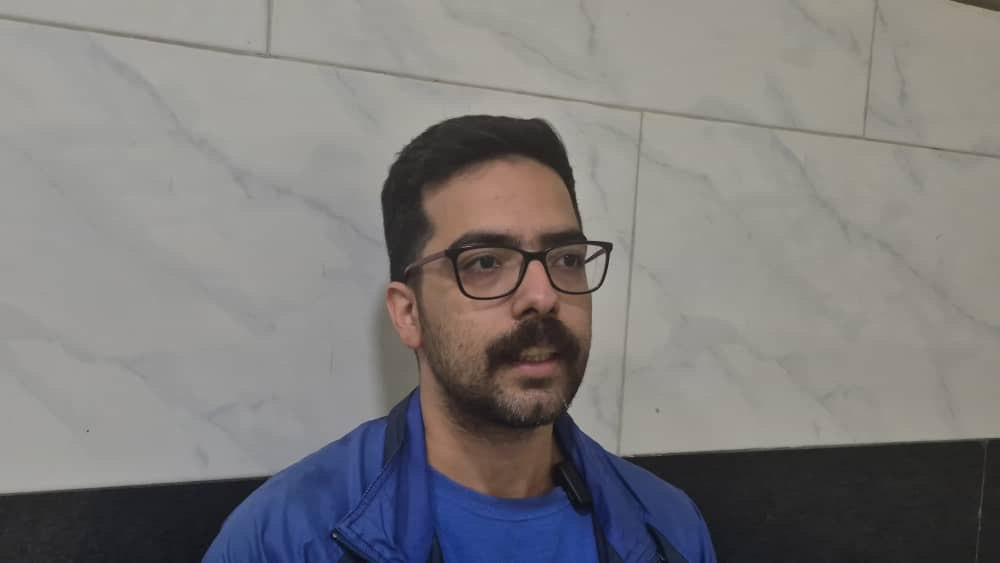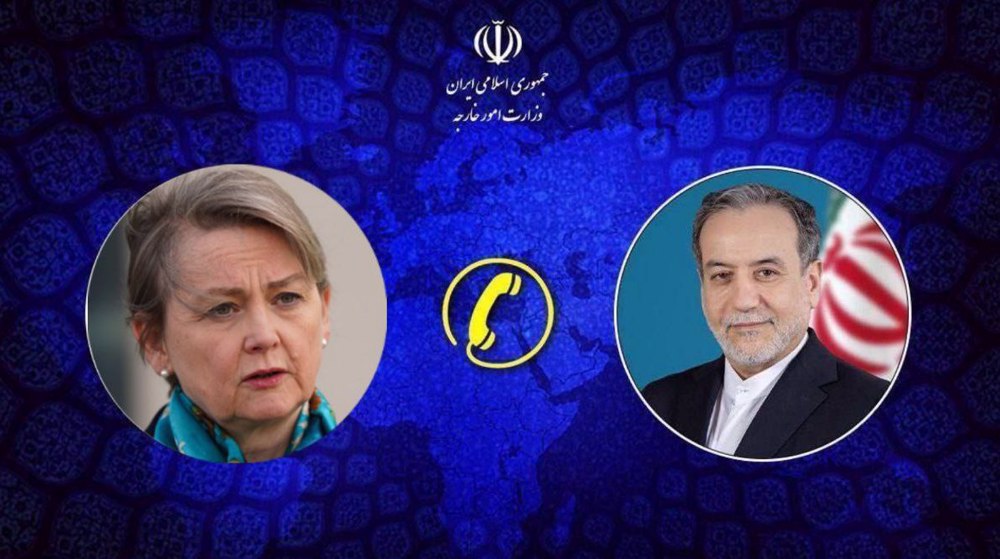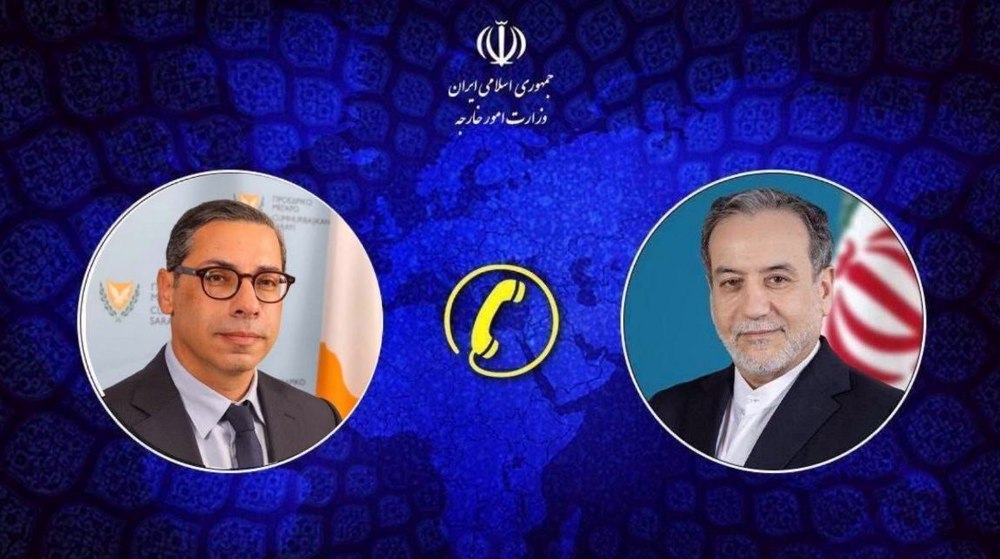Iran should call for Israel's disarmament in response to EU power's letter: Analyst
A political commentator says, Iran — “one of the few subjects of missile war"— has full justification to develop its missiles programs, while Israel and Saudi Arabia have constantly been threatening the country with their missiles.
Author and analyst at Foreign Policy in Focus, Ian Williams, made the remarks on Thursday, commenting on a letter written by three European countries to the UN chief about Iran’s missiles program.
Having failed to fulfill their commitments to Iran under the 2015 nuclear deal with Tehran, the European signatories of the Joint Comprehensive Plan of Action (JCPOA) wrote the letter to UN chief Antonio Guterres.
Circulated on Wednesday, the letter accused Tehran of possessing “nuclear-capable ballistic missiles” and claimed that the country’s latest missile activities were “inconsistent” with a UN resolution that endorsed the accord.
Iranian Foreign Minister Mohammad Javad Zarif said in response that the letter is aimed at hiding their “miserable incompetence” in fulfilling their commitments under the nuclear deal.
“I wish foreign minister had said ‘hay, if Israel disarms, so will we’,” Williams told Press TV's ‘The Debate’ program on Thursday.
Williams said Iran was "one of the few subjects of missile war".
He said during the 1980s war between Iran and Iraq, “Iraqis provided [with] technologies paid for by the Saudis and Europeans and the Americans bombarded Iran with missiles.”
“Other countries like Saudi Arabia and Israel have pointed missiles, threatened Iran with massive attacks and you are saying that Iran has uniquely has no right to counter it.”
He said that the International Atomic Energy Agency (IAEA) should get its inspectors to check Israel's Dimona atomic center. "Let them check out the missile bases in Israel, let them check out the US missiles in the vicinity.”
Williams said the three “European so-called powers are …looking for excuses as the foreign minister [Zarif] correctly said they wriggle out of the JCPOA commitments.”
The three European governments are “trying to weasel out,” he added.
“They don’t want to upset Trump in public, apart from making rude gestures in Buckingham Palace in London. They don’t want to go against the rage which the US is throwing around,” he said, referring to the gathering of NATO leaders for a reception at the palace on Tuesday evening.
Former US diplomat James Jatras who was also talking to Press TV on the same program, said that the JCPOA was about the nuclear program, and not Iran’s missile program.
He said the three EU powers were trying to “cover up their own submission to a stronger power by turning around and pointing the finger at somebody else.”
“I could not tell you whether or not these missiles are in violation of anything,” Jatras said. “But let’s remember that the JCPOA was about nuclear weapons; that Iran would not have nuclear weapons and Iranians say they don’t want to have nuclear weapons at all.”
In that letter, UN ambassadors from France, the UK and Germany claimed that “Iran’s developments of nuclear-capable ballistic missiles” go against a 2015 UN resolution, calling on Tehran not to undertake any activity involving such missiles.
The UN Security Council Resolution 2231 endorsed the multilateral nuclear accord, which was signed between Iran and six major world powers — also including the US, Russia, and China.
US President, Donald Trump pulled his country out of the JCPOA in May 2018 and reimposed harsh sanctions against Iran, calling for a “new deal” that would address Iran’s national missile program and its anti-terrorism role in the region.
The European signatories vowed to make efforts to compensate for Washington’s withdrawal and shield their business links with Iran from the American sanctions.
Those promises, however, were never delivered as Europe gave into America’s pressure, prompting Tehran to resort to Articles 26 and 36 of the JCPOA on its legal rights and suspend parts of its commitments under the supervision of the IAEA.
Venezuela slams US ‘theft, hijacking’ of second oil tanker
VIDEO | Flotilla crew members speak at London event
Israeli forces kill two young Palestinians in West Bank raids
NVIDIA expands presence in occupied Palestine despite Israeli genocide in Gaza
Fake cancer charity scam linked to Israeli man in Canada: BBC
VIDEO | Demonstrators take to Paris streets for Gaza, jailed Palestine Action hunger strikers
Media advocates call for release of pro-Palestine reporter in Jordan
VIDEO | Press TV's news headlines











 This makes it easy to access the Press TV website
This makes it easy to access the Press TV website